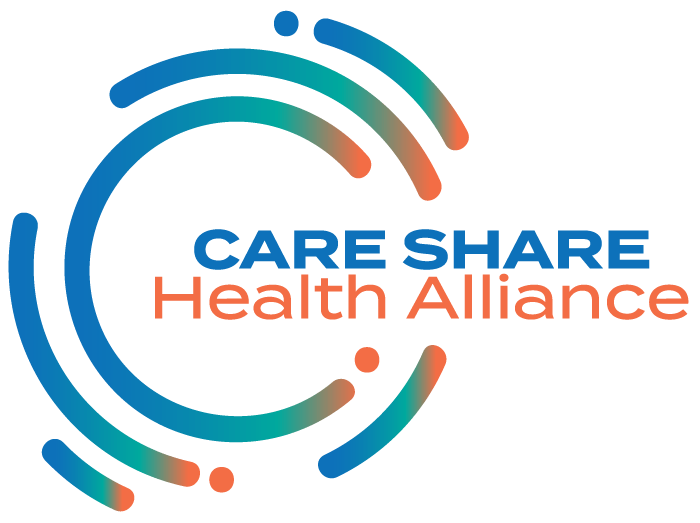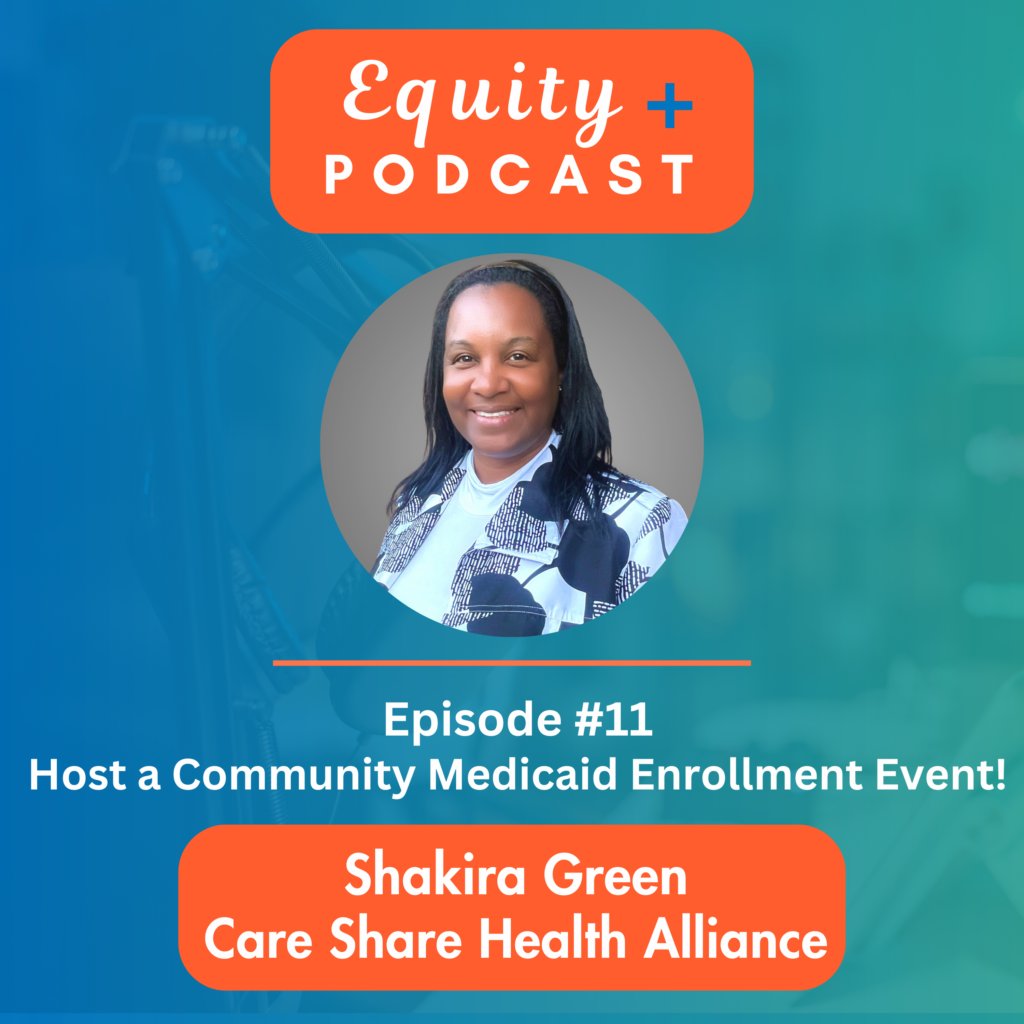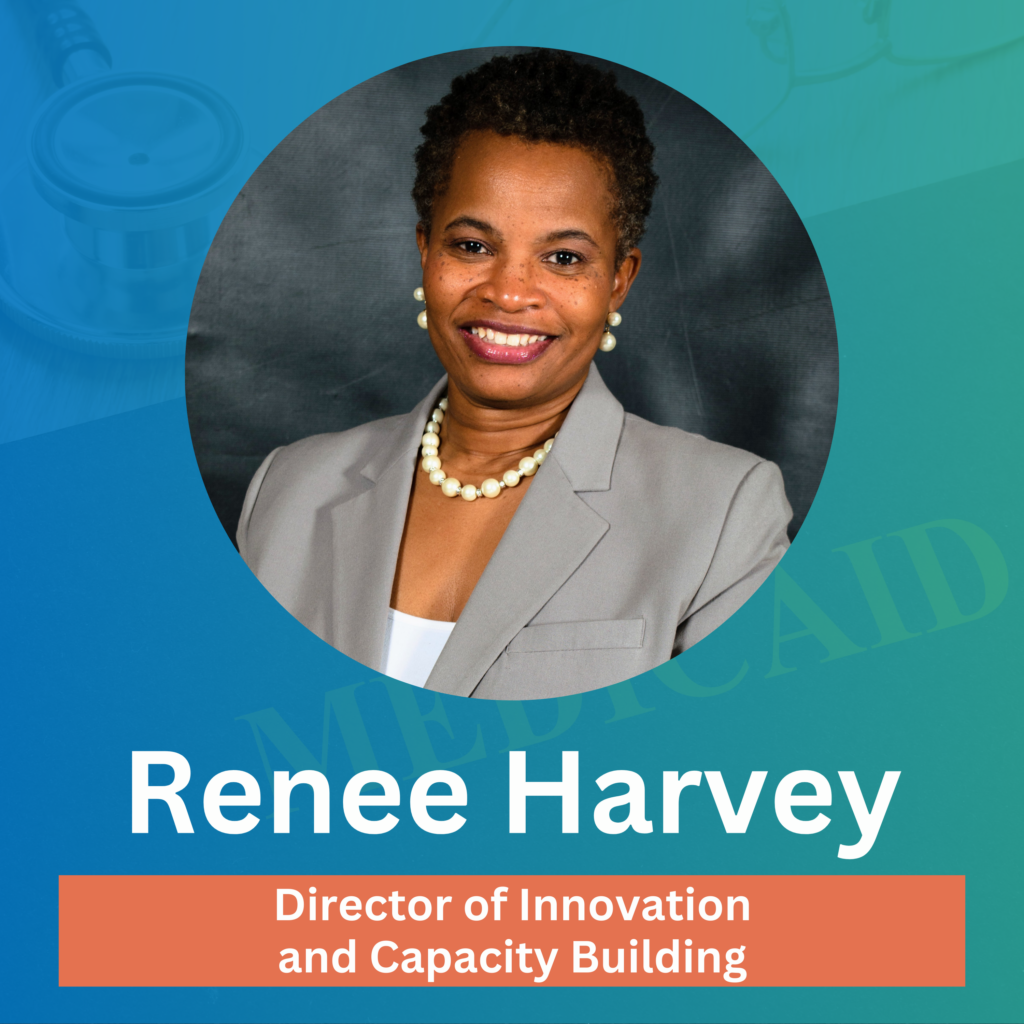“Of all forms of discrimination and inequalities, injustice in health is the most shocking and inhuman.”
This quote from Dr. Martin Luther King, Jr. is often cited by those of us involved with healthcare at any capacity. Today, as we honor the legacy of Dr. King’s civil rights activism, the inherent truth of his words remind us of the work that still needs to be done for all Americans to have access to equitable care.
To provide a little context, the quote comes from a 1966 press conference, where Dr. King spoke out against hospitals across the country that were illegally denying care to Black Americans, and medical societies refusing admittance to qualified Black doctors or turning a blind eye to the racism of their own members.
Since then, our country has made significant progress in addressing racial injustices across all sectors of society, including medical care. Unfortunately, however, it doesn’t take a hard look at our current healthcare system to recognize that our own modern versions of the injustices Dr. King fought are still affecting the way Black and Brown Americans receive care.
A 2021 UCLA study discovered that only 5% of American doctors were Black. In 2019, 5.8% were Hispanic, and less than half of 1% were American Indian or Alaska native. Another 2021 study showed that Black patients are more likely than White patients to be in hospitals with worse patient safety conditions. In 2019, research found that emergency room providers were less likely to order blood tests, CT scans, or X-rays for Black, Hispanic, or Asian children compared to White children.
A final portion of Dr. King’s quote adds, “Of all the forms of inequality, injustice in health is the most shocking and the most inhuman because it often results in physical death.”
The consequences of inequitable healthcare are not merely an issue of morality or even well-being, but one of life or death. We see this evidenced in the reports from the CDC of shorter life expectancy for Black men in the US. The fact that Black, American Indian, and Alaska Native women are three times more likely to die from pregnancy-related causes than White women. The significantly higher infections and death rates experienced by Black, Hispanic and AIAN Americans during the COVID-19 pandemic.
That is why, when strive to make changes to our healthcare system, we must keep equity at the forefront of all the work we do. We must continue to center the voices of those who are experiencing the injustices of our current systems, and be willing to acknowledge that many of our systems were built on white supremacy models that were intentionally unjust.
The work can be difficult, and often the data we see is depressing and alarming. Many of us may have expected to see more change in the 54 years since Dr. King’s words, but to reference another frequently cited and beautiful quote, “The arc of the moral universe is long, but it bends toward justice.”
Care Share will continue to work for a more just healthcare system through our partnerships with communities. By providing support and creating opportunities for collaboration, we strive to help them make the changes they want to see to become healthier and more equitable for all.











